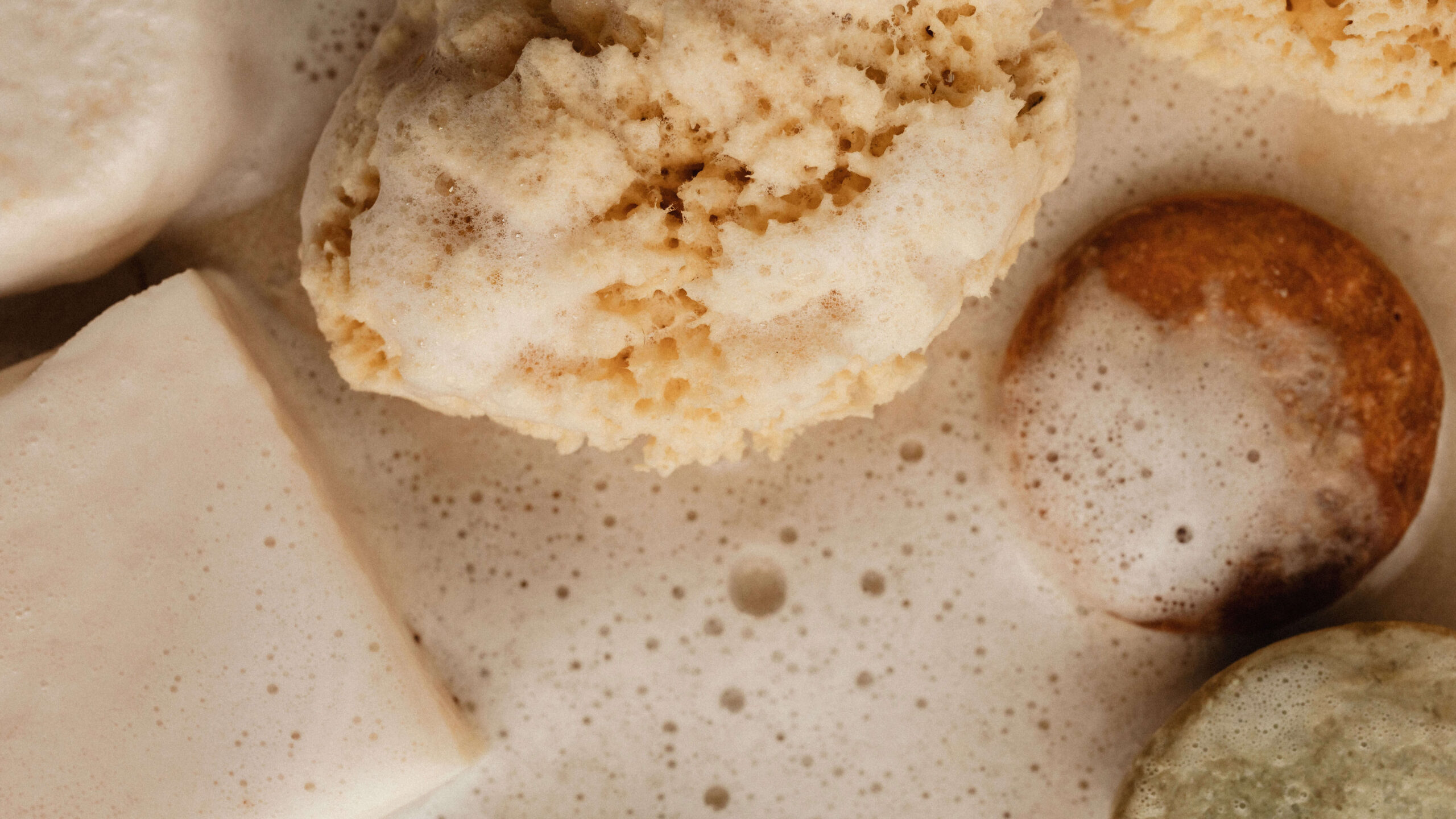“The skin is the window to the gut” is a phrase that encapsulates the connection between our gut health and common skin issues like acne, eczema, rashes, and others. While the link between gut health and skin conditions is still an area of ongoing research, there is mounting evidence to suggest that the state of your gut can indeed play a significant role in the development and persistence of various skin issues.
The Gut-Skin Connection
Here’s how this connection works and why topical treatments typically only address the symptoms rather than the root cause:
- The Gut-Skin Axis: The gut-skin axis is a concept that refers to the bidirectional communication between the gastrointestinal system and the skin. This interaction involves various mechanisms, such as the immune system, the gut microbiome, and the endocrine system. When the balance in the gut is disrupted, it can have cascading effects on the skin.
- The Gut Microbiome: One of the most critical aspects of gut health is the composition of the gut microbiome. The gut is home to trillions of microorganisms, including beneficial bacteria. These microbes play a crucial role in maintaining the health of your gut and can influence the overall state of your body. When the balance of these microbes is disturbed (a condition known as dysbiosis), it can lead to inflammation and a variety of health issues, including skin problems.
- Inflammation: Chronic inflammation is a common link between gut health and skin conditions. An imbalanced gut can result in a systemic inflammatory response, which can manifest on the skin. Inflammation in the gut can trigger or worsen skin conditions like acne, eczema, psoriasis, and even rosacea.
- Nutrient Absorption: The gut is responsible for absorbing essential nutrients from the food we eat. When the gut isn’t functioning optimally, it can lead to malabsorption issues. This can deprive the skin of necessary vitamins, minerals, and antioxidants that help maintain its health and appearance.
- Leaky Gut Syndrome: An unhealthy gut lining can develop tiny gaps, leading to what’s often called “leaky gut syndrome.” These gaps can allow toxins, undigested food particles, and harmful bacteria to enter the bloodstream, which can trigger immune responses and skin problems.
- Food Sensitivities and Allergies: Certain foods can trigger allergic reactions or sensitivities that may result in skin rashes, hives, or eczema. These reactions are often linked to gut health, as the gut’s permeability can influence the body’s response to these allergens.
- Parasites: Parasites residing in the gut can have a profound impact on the skin’s health. These intestinal parasites can disrupt the balance of the gut microbiome, trigger inflammation, and even lead to nutrient deficiencies. As a result, skin conditions such as rashes, hives, and eczema can develop or worsen. Additionally, some parasitic infections can release toxins into the bloodstream, which may lead to systemic inflammatory responses and skin problems. It’s essential to address gut parasitic infections promptly through medical intervention and treatments to help alleviate skin issues and maintain overall health.
- Mold and fungus: Mold and fungus can have detrimental effects on the skin, primarily through contact or exposure. Certain molds and fungi can produce mycotoxins, which, when in contact with the skin, may lead to allergic reactions or irritations. Fungal infections, such as ringworm or athlete’s foot, can also manifest on the skin, causing itching, redness, and discomfort. Additionally, molds and fungi thrive in damp environments, making them potential contributors to conditions like fungal acne or exacerbating pre-existing skin issues. Proper hygiene, environmental management, and antifungal treatments are crucial in preventing and addressing skin problems related to mold and fungus.
Holistic Approaches for Improving Gut Health and Skin Issues
Given this gut-skin connection, it’s important to recognize that topical treatments, while helpful for managing symptoms and providing temporary relief, typically do not address the root cause of skin issues. To truly address these problems, it’s often necessary to consider holistic approaches that focus on improving gut health:
- Dietary Modifications: Adopting a balanced and anti-inflammatory diet can help promote a healthier gut and reduce skin issues. Foods rich in probiotics, prebiotics, and antioxidants can be beneficial.
- Probiotics and Prebiotics: These supplements can help restore a healthy gut microbiome and support overall gut health.
- Stress Management: Chronic stress can negatively impact gut health. Stress reduction techniques like meditation, yoga, and deep breathing exercises can be valuable.
- Hydration: Drinking plenty of water is essential for both gut and skin health.
- Consulting a Healthcare Professional: In cases of severe skin conditions or persistent issues, especially if related to mycotoxins and parasites, it’s important to consult with a healthcare professional who can provide a tailored treatment plan. This may include medications, supplements, herbs, lifestyle changes, and further investigation into gut health by identifying underlying conditions. This is my specialty! If your skin is bad, your gut is the cause.
To learn more about the fascinating connection between gut health and skin issues, and to explore holistic approaches for improving your gut health, schedule a session with me. Take the first step towards healthier skin by addressing the root cause of the problem. Contact me now to schedule an appointment!
